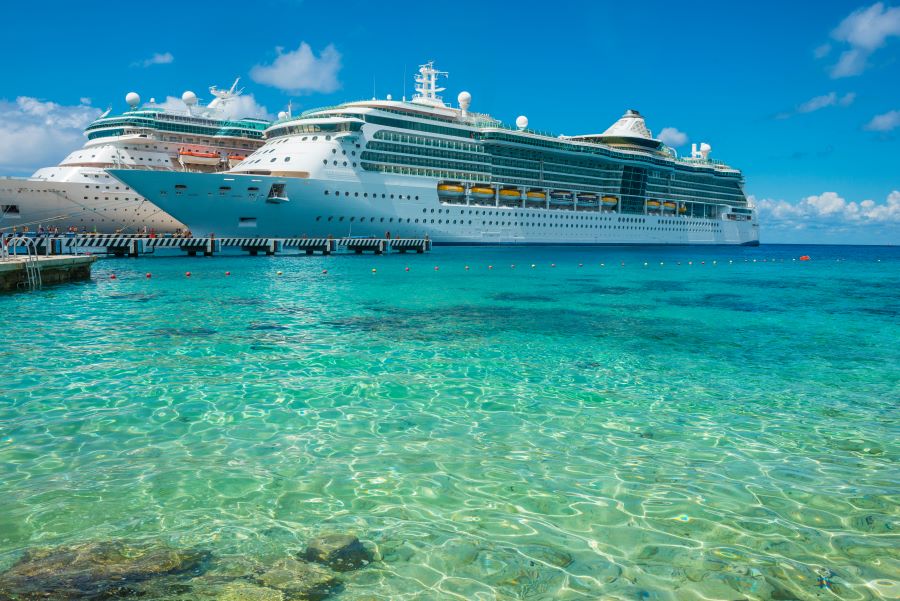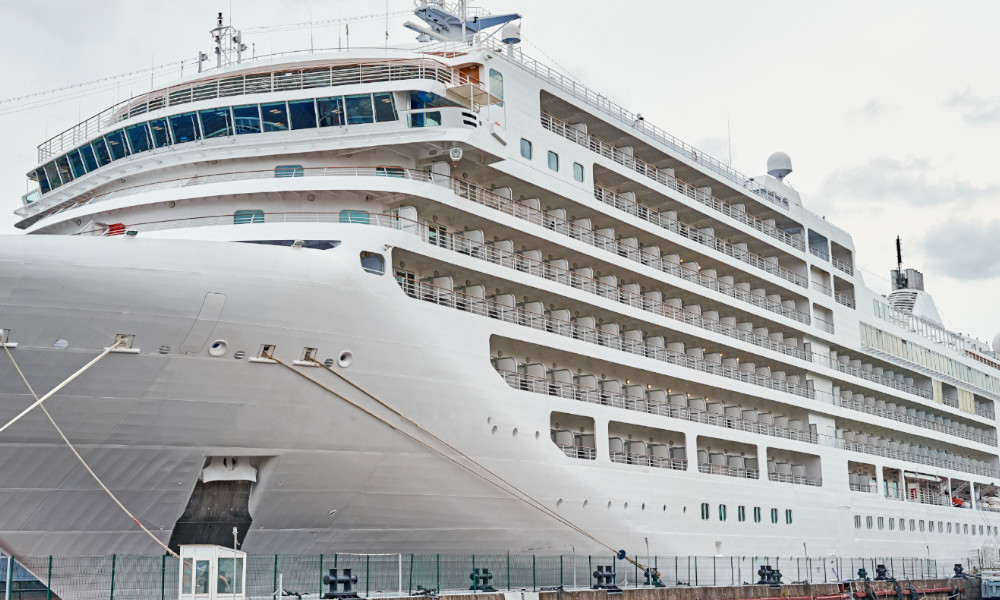Live in France and speak English? Cruise ship work might offer more than you expect.
If you're in France and speak English, cruise ship work could offer more flexibility and variety than you think. From Marseille to Le Havre, cruise lines hire staff for guest support, food service, and entertainment. Take a closer look at what tasks are usually involved, how shifts are structured, and how international crews work together on board.

Where cruise ship roles are often available from France
France’s extensive coastline and major ports create numerous recruitment hubs for cruise ship employment. Marseille serves as the primary Mediterranean recruitment center, with cruise lines regularly hosting job fairs and conducting interviews for positions ranging from guest services to entertainment staff. Nice and Cannes also function as important hiring locations, particularly during peak Mediterranean cruise seasons.
Le Havre and other northern French ports provide access to Atlantic and Northern European cruise routes, while smaller ports like Toulon and Saint-Tropez occasionally serve as recruitment points for luxury cruise lines. Many international cruise companies maintain recruitment partnerships with French employment agencies, making it easier for candidates to access opportunities without traveling extensively for interviews.
Why English-speaking staff are valued on international routes
English serves as the primary working language aboard most international cruise ships, making fluent English speakers highly sought after by cruise lines. Passengers from diverse backgrounds often rely on English as a common communication tool, creating demand for staff who can provide clear, professional service in this lingua franca.
French nationals who speak English natively or fluently bring additional value through their European work eligibility and cultural awareness. They can effectively communicate with American, British, Australian, and other English-speaking passengers while also assisting French-speaking guests when needed. This bilingual capability often leads to faster promotion opportunities and placement in customer-facing roles that offer better working conditions and higher compensation.
What it’s like to work and live onboard during sailings
Living aboard a cruise ship creates a unique work-life balance that differs significantly from traditional employment. Crew members typically work contracts lasting four to eight months, during which they live in shared cabins below passenger decks. While accommodations are compact, they include basic amenities and are cleaned regularly by housekeeping staff.
Work schedules vary by department but often involve split shifts or extended hours during port days and sea days. Staff have access to crew recreational facilities, including designated dining areas, lounges, and sometimes small gyms or outdoor deck spaces. Internet access is usually available but may be limited or costly. The international crew environment creates opportunities for cultural exchange and language learning, with colleagues from dozens of countries working together in close quarters.
How hiring typically works from cities like Marseille or Nice
The recruitment process for cruise ship positions typically begins with online applications through cruise line websites or maritime recruitment agencies. Successful applicants are invited to attend recruitment events in major cities like Marseille or Nice, where they participate in group interviews, individual assessments, and sometimes practical demonstrations of relevant skills.
Medical examinations and background checks are mandatory requirements that can be completed at approved facilities in these port cities. Many cruise lines partner with local agencies to streamline the documentation process, including obtaining necessary maritime certifications like STCW (Standards of Training, Certification and Watchkeeping) basic safety training. The entire process from application to embarkation typically takes four to eight weeks, depending on the position and cruise line requirements.
What types of roles are suited to new or experienced applicants
Entry-level positions suitable for newcomers include housekeeping, food service, retail, and guest services roles. These positions provide valuable experience with cruise ship operations while requiring minimal previous maritime experience. Basic English proficiency and customer service skills are typically the primary requirements for these roles.
Experienced applicants can pursue specialized positions such as shore excursion staff, entertainment coordinators, spa therapists, or department supervisors. These roles often require specific qualifications, previous cruise experience, or relevant professional backgrounds. Technical positions in engineering, navigation, or medical services require appropriate certifications and extensive experience but offer the highest compensation and most favorable working conditions.
| Position Category | Experience Level | Monthly Salary Range (EUR) | Contract Length |
|---|---|---|---|
| Entry-Level Service | No experience | 800-1,200 | 4-6 months |
| Guest Services | Some experience | 1,200-1,800 | 6-8 months |
| Specialized Roles | Experienced | 1,800-3,000 | 6-8 months |
| Management/Technical | Highly experienced | 3,000-5,000+ | 6-10 months |
Prices, rates, or cost estimates mentioned in this article are based on the latest available information but may change over time. Independent research is advised before making financial decisions.
The cruise industry offers French residents with English language skills a gateway to international career opportunities that combine travel, cultural immersion, and professional development. While the lifestyle requires adaptation to confined living spaces and extended time away from home, many crew members find the experience rewarding both personally and financially. The skills developed aboard cruise ships, including international customer service, crisis management, and cross-cultural communication, prove valuable in numerous other industries upon returning to shore-based employment.




